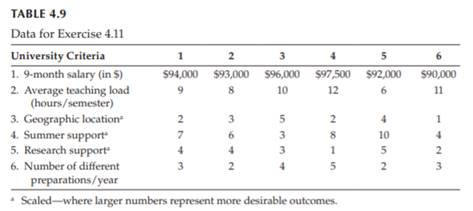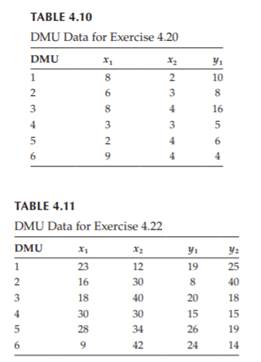solution
Thirty-nine-year-old Steve was ecstatic. Ever since he earned an MBA a few years ago, he set his sights on becoming a CEO, somewhere, somehow. If need be, he would purchase an existing small company if he could figure out a scheme to raise enough cash and borrowing power. Steve was moving along well in his career as a marketing manager in a real estate development company when he received the opportunity to become a CEO. The CEO of an affiliated company, Mall World, suddenly resigned because of all the pressures associated with the position. The board explained to Steve that he was offered the position because of his drive, leadership skills, incisive thinking, and educational qualifications. Steve was told that the job would be tough, but that he would be given two years to improve occupancy rates at the five malls the company owned and operated in the United States and Canada. During his first couple of weeks as CEO of Mall World, Steve went on a listening tour, speaking with members of the top-management team, mall managers, and a few anchor tenants. In addition to more general discussions, Steve asked each person he spoke with what he or she thought of the future of shopping malls. Among the comments he heard are as follows: Leasing Manager, Home Office: The lower occupancy rates are hardly a problem. Americans love their malls. Our malls are still the most comfortable place to shop, dine, and interact with strangers and store associates. As the economy picks up, we once again have more demand for our space than we can provide. Mall Manager in Boston Area: Anyone who thinks that online shopping will take a permanent bite out of mall shopping is just plain stupid. It is natural for people to want to touch, feel, smell, and experience goods in person. “Have you ever attempted to try on a sweater over the Internet?” [Said with a grin and laugh.] Mall Manager in Toronto Area: You may not be old enough to recognize it Steve, but mall occupancy rates run in cycles. When gas prices and unemployment are relatively high, few consumers visit the mall. As a result, a few of the weaker stores close in panic. And cold weather will always contribute to mall traffic. When the conditions outside are uncomfortable, people love to flock to the malls to walk around comfortably, shop, and dine. Our future is as secure as the bricks and mortar encasing us. Marketing Manager, Home Office: I wouldn’t worry too much about the relatively high number of vacancies in our malls. We have some attractive new leasing programs coming along that will have tenants flocking to the mall. Online shopping will taper off as the novelty wears thin. Having packages stolen from your front door will also cool down some of the interest in online shopping. Small Store Manager in Chicago Area Mall: I am starting to think why bother with having a bricks and mortar store. Mall traffic has been slowing down for a couple of years. With an online store, I wouldn’t have the huge overhead of renting space in a mall. As Steve attempted to synthesize the feedback, he thought that unfortunately the store manager might be close to telling the true story. He also thought that most of the opinions he heard suggested the need for a quick attitude change in order to help Mall World survive. Questions 1. In what way does this case suggest that a culture change might be necessary at Mall World? 2. What steps might Steve take to influence his managers that they need to worry more about the future of Mall World, as well as taking action steps to improve occupancy rates? 3. Which specific influence tactics do you recommend Steve use with his managers?
Ă‚Â
"Looking for a Similar Assignment? Get Expert Help at an Amazing Discount!"




